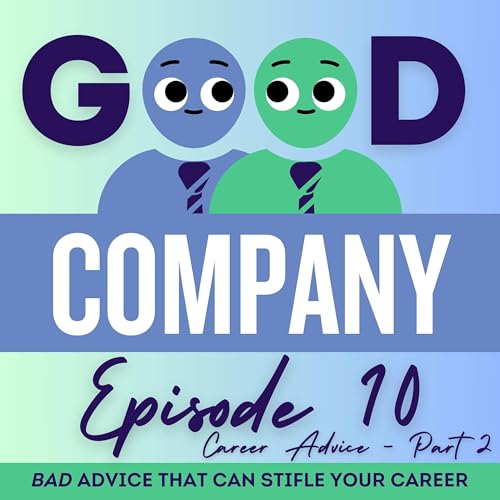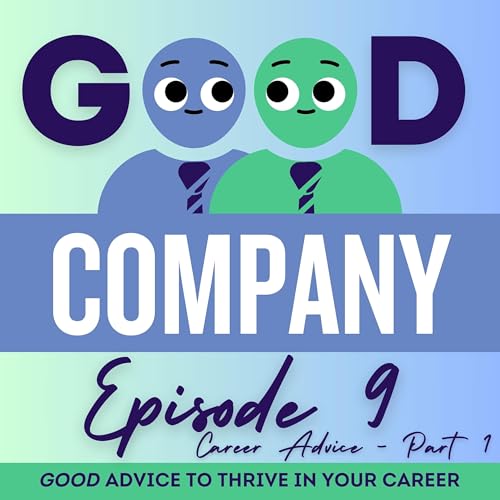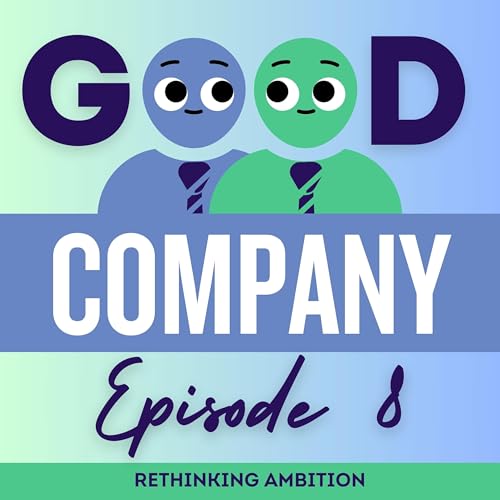What if your boss isn’t actively doing harm, but they’re not doing quite enough either? In this episode, we tackle a listener question about how to manage up when a well-meaning new leader is missing opportunities to support the team. What’s the best way to offer constructive feedback without overstepping? We kick things off with a conversation about first impressions, authenticity, and the challenge of reading a room when you’re trying to make a positive impact. That leads us straight into how to influence without authority. We explore practical strategies, including how to ask for permission to give feedback, why clarity beats courage, and how to avoid gossip-fueled resentment. We also touch on why compassion, not judgment, is key when dealing with imperfect leadership. Tune in to pick up real-world tools that make managing up feel a little less risky and a lot more achievable!
Key Points From This Episode:
• Reflections on first impressions and adaptive authenticity at work. [0:03:10]
• A listener question introduces the theme: how to influence without formal authority. [0:08:33]
• Why you can’t fix behavior if you don’t know it’s a problem. [0:10:21]
• How to invite feedback conversations in a supportive, non-defensive way. [0:14:46]
• Tips for making it easier for leaders to lead and listen effectively. [0:23:39]
• Using “I” statements and curiosity to navigate tough dynamics. [0:28:40]
• The accept-or-change framework for stuck workplace relationships. [0:35:32]
• Practical tools for influencing up and building trust with your manager. [0:47:33]
• The pre-requisites of influence and trust: credibility, experience, and relationships. [0:53:35]
• To influence up, start by genuinely caring about your manager’s success and challenges. [0:58:34]
Quotes:
“You can never expect someone to correct problematic behavior if they are unaware of that problematic behavior.” — Drew Dudley [0:11:25]
“Once you have permission for the feedback, don't be wishy washy about it. Clear is kind, as Brené Brown always says.” — Brett Elmgren [0:17:10]
“The one thing we never talk about is, ‘How easy do we make it for our leaders to lead us?’ And we sit around and complain and vent and become resentful. But what have we done to help that leader lead us?” — Brett Elmgren [0:25:04]
“I am feeling frustrated at this. Do you think that's fair? That's such a great way of letting someone know there's a frustration, but that you haven't already made up your mind.” — Drew Dudley [0:30:24]
“Don't demand trust when you haven't earned it.” — Brett Elmgren [0:53:25]
“Do you care about your manager? Do you give a crap? Because if you don't, where do you get off expecting them to give a crap about you?” — Drew Dudley [0:59:00]
“You know what caring about your manager means? It means caring about their growth and their development as much as you demand that they care about yours.” — Drew Dudley [00:59:59]
“We have to always remind ourselves [that], generally speaking, nobody does anything from a bad place of intention.” — Brett Elmgren [01:00:47]
Links Mentioned in Today’s Episode:
Drew Dudley | Everyday Leadership
Brett Elmgren | Axom Leadership
 Sep 22 202550 mins
Sep 22 202550 mins Jul 21 20251 hr and 3 mins
Jul 21 20251 hr and 3 mins Jul 7 20251 hr and 3 mins
Jul 7 20251 hr and 3 mins Jun 16 202527 mins
Jun 16 202527 mins Jun 9 20251 hr and 2 mins
Jun 9 20251 hr and 2 mins May 26 20251 hr and 12 mins
May 26 20251 hr and 12 mins May 12 20251 hr and 2 mins
May 12 20251 hr and 2 mins 56 mins
56 mins

